Libya: Nalut Social Peace Partnership supports migrant workers seeking to return home following COVID-19 pandemic
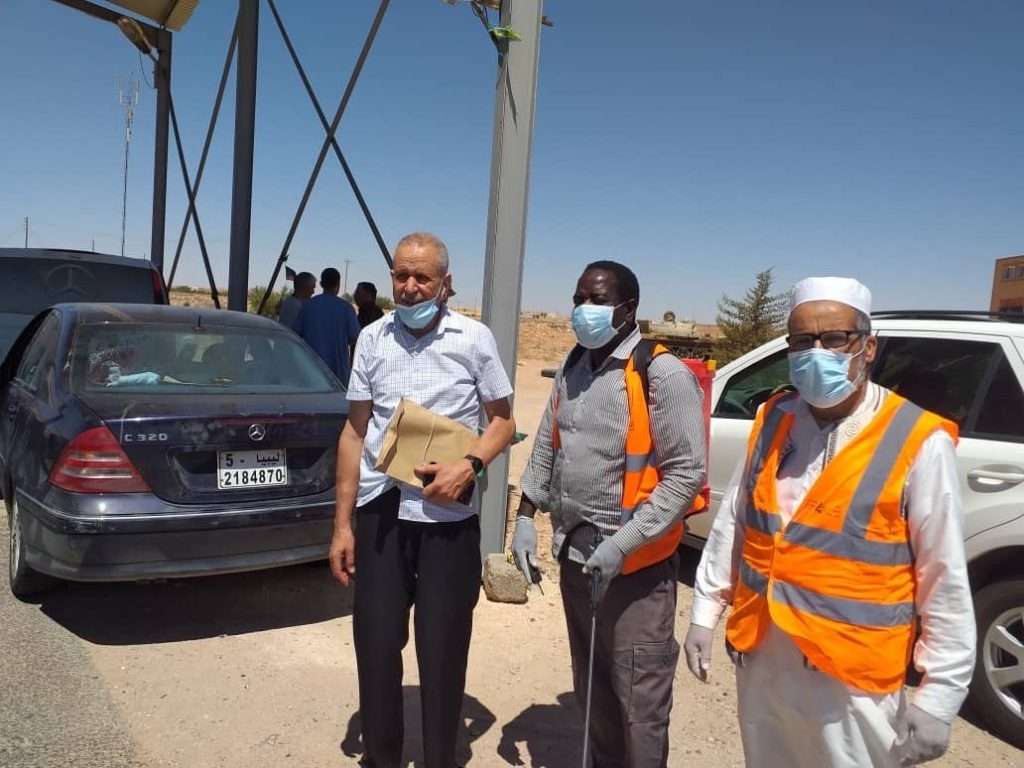
COVID-19 has impacted the Libyan economy, exacerbating the negative effects of years of conflict and instability; it has also impacted vulnerable groups such as migrant workers, at risk of poverty and less resilient to economic shocks. The first lockdown led to a number of non-essential businesses temporarily closing in March 2020, leaving migrant workers without […]
Libya: PCi collaborates with municipalities to strengthen capacity and promote legitimacy and trust
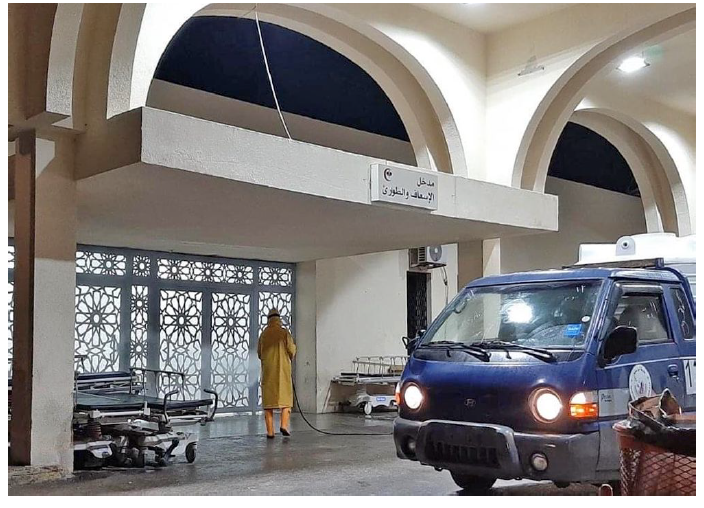
The complex Libya context is characterised by escalating armed conflict, widening political polarisation, heightened inter-communal tensions and increased militarisation. PCi developed a methodology which provides a systematic understanding of the range of capacities, responsibilities and functions within municipalities in east, west and south Libya in 2019. As a result, PCi produced 11 capacity assessments, working […]
Libya: Suq Aljuma SPP supports accessible and inclusive education for children with disabilities

As conflict and displacement continue to affect communities in Libya, further exacerbated by the spread of COVID-19, the most vulnerable groups increasingly struggle to access critical services. Children with disabilities in Libya are often excluded from education, primarily because of the lack of support and resources available from state institutions, further reinforced by widespread social […]
Ajdabiya SPP fosters improved coordination of local responses to COVID-19
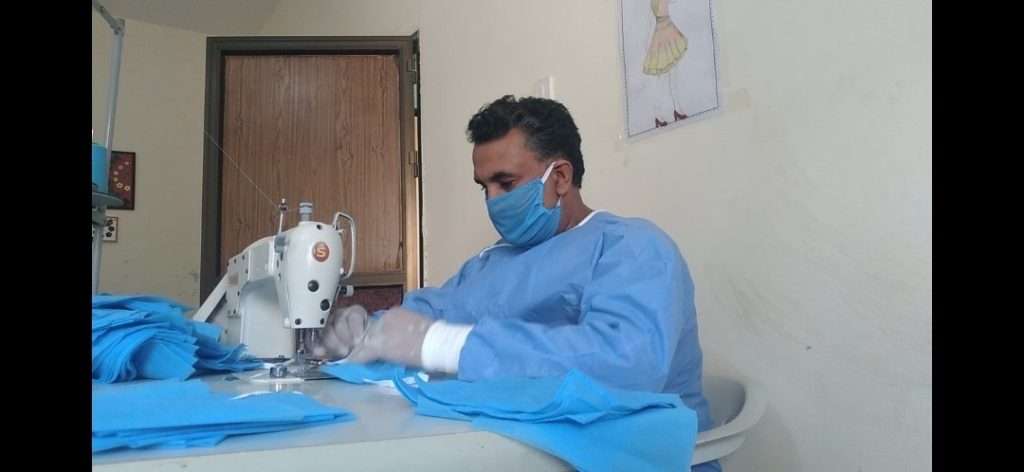
With a significant increase in COVID-19 cases in September 2020, the Ajdabiya SPP is working closely with the municipal council, health authorities and security forces in support of an effective response.
A tool for conflict sensitive decision-making – Discussion note 1
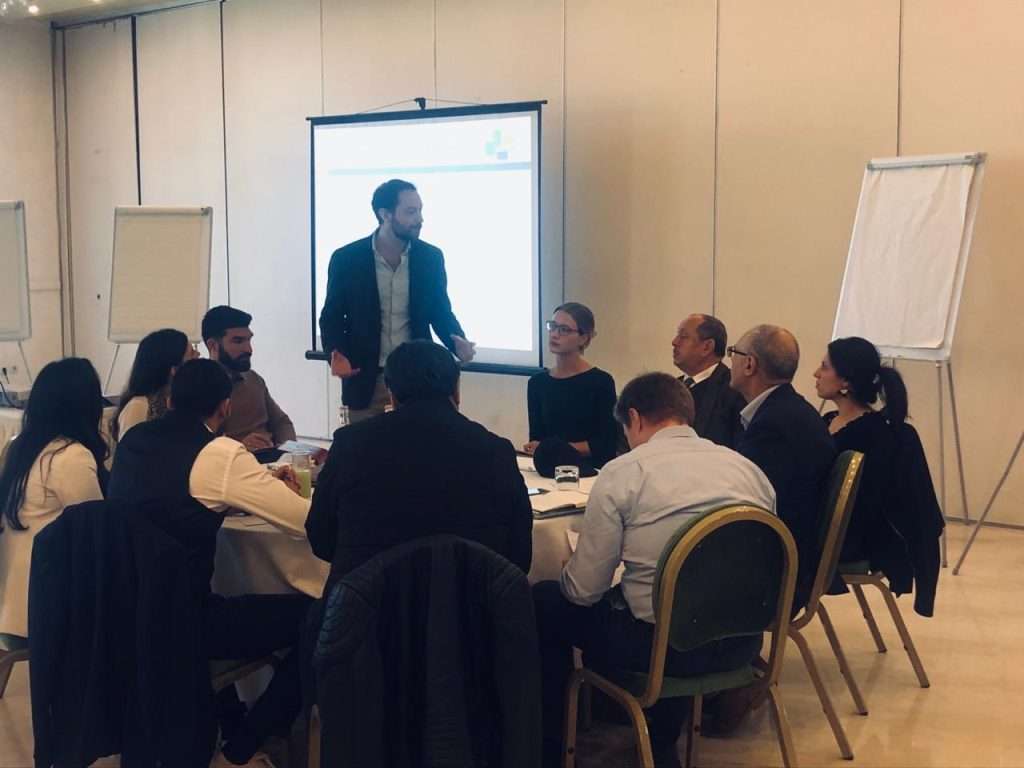
This is the first discussion note in a series intended to inform development of a new tool for conflict sensitive decision-making related to international humanitarian, development and peacebuilding assistance. The tool is intended to help decision makers determine whether an action is conflict sensitive before it is taken and consists of 5 tests, or questions, […]
Peacemakers Network – Libya’ launches digital campaign ‘Your health is Libya’s health’
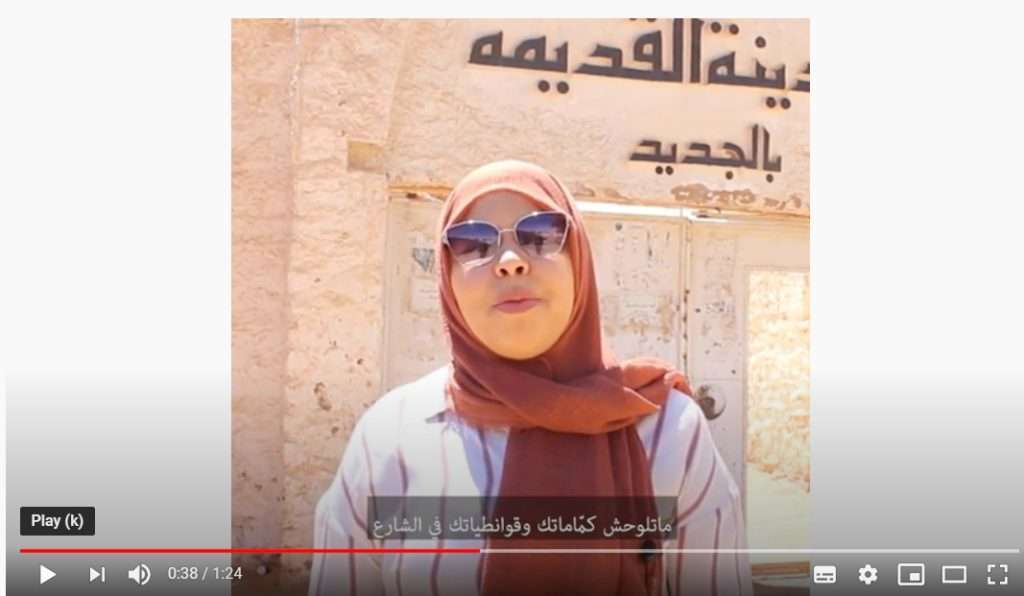
The ‘Peacemakers Network – Libya’, an organisation that brings together Libyans from all walks of life and all different parts of the country, gathered a number of its members to launch the digital campaign ‘Your health is Libya’s health’, underlining the importance of solidarity, respect and cooperation among Libyans in order to confront the COVID-19 […]
Transformational leadership and conflict management in Libya
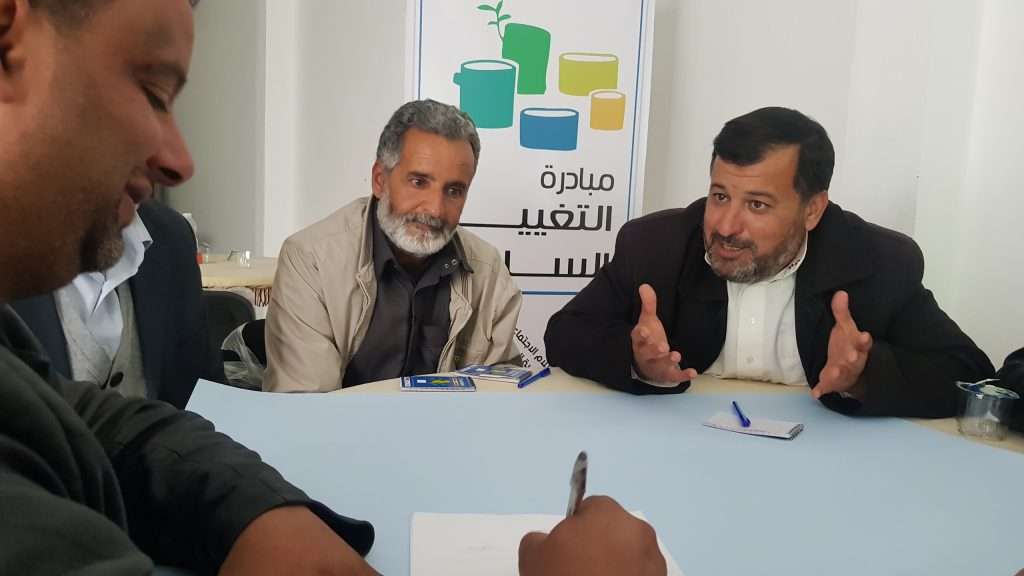
PCi worked with Libyan communities to foster transformational leaders able to manage the conflicts affecting their communities. This work was conducted for the European Union, as part of its support to civil society in Libya, and delivered through EUNIDA. Lessons learned from the project were made public in June 2014, along with the training material […]
Understanding the relationships between communities and armed groups in Libya
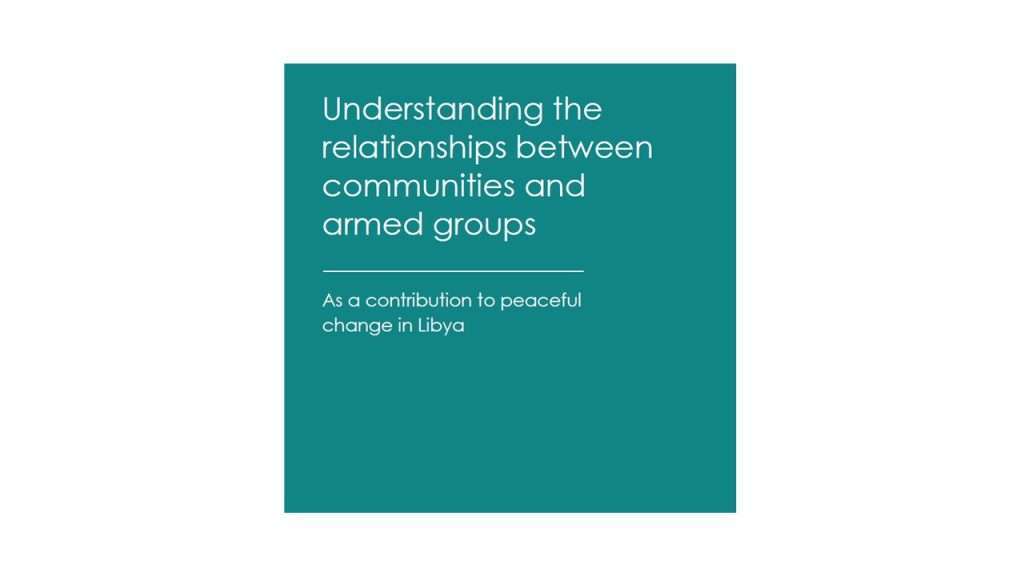
Peaceful Change initiative and AFAQ Libya undertook research at the community level in nine target areas along coastal Libya to help inform planning for the development and democratisation of security provision, so that such processes 1) are responsive to the needs of local communities; 2) are ‘conflict sensitive’, in that they do not result in […]
Conflict sensitivity considerations relating to the COVID-19 response in Libya
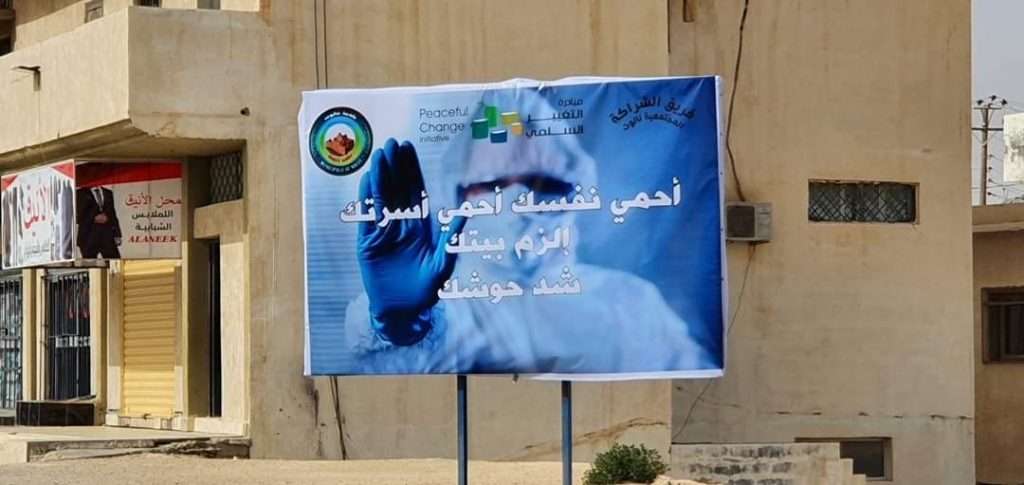
PCi produced a brief note on potential conflict sensitivity considerations relating to the COVID-19 response in Libya, developed as part of the Conflict Sensitive Assistance (CSA) in Libya forum. The note is intended as a resource to support assistance planners and project staff in taking conflict sensitivity implications into account when preparing to respond to […]
Communication pack to promote SPLD methodology developed for Libya
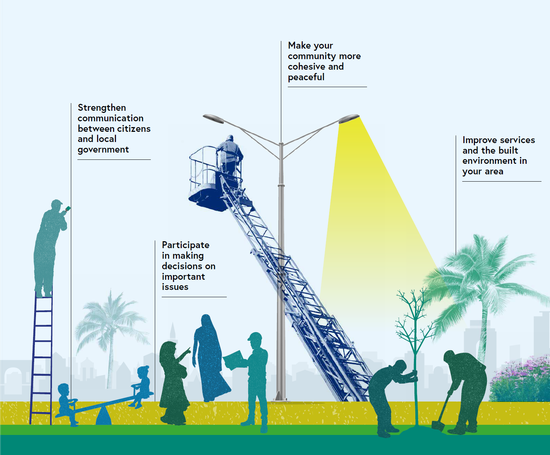
PCi developed a communication pack to support trainer mentors in Libya in designing and implementing actions aimed to promote PCi’s Social Peace and Local Development (SPLD) methodology in key locations across the country. Download the communication pack flyer in English or Arabic here
The role of the Ubari Social Peace Partnership as a local conflict management mechanism

In 2015, PCi supported the establishment of a conflict-sensitive mechanism known as the Social Peace Partnership in Ubari, following successful delivery of a Social Peace and Local Development programme in 2014. The Ubari Social Peace Partnership has played a role in reducing tensions and preventing the outbreak of violent conflict. Download the Ubari case study […]
Webinar: Conflict sensitivity in remote programming

In this webinar, PCi’s Senior Advisers Lesley McCulloch and Anthony Foreman shared the key findings of a new PCi report on mainstreaming conflict sensitivity in remote programming contexts.
